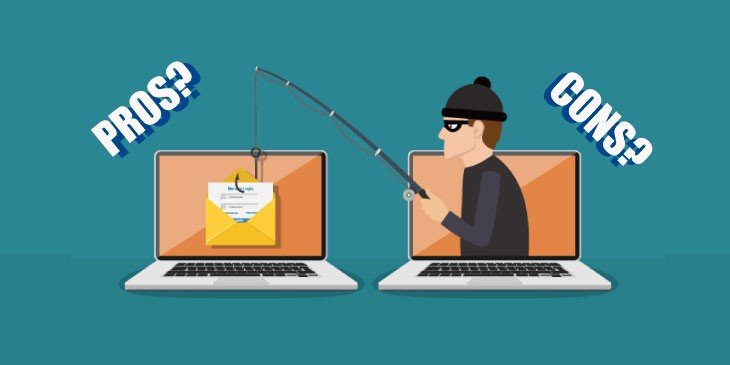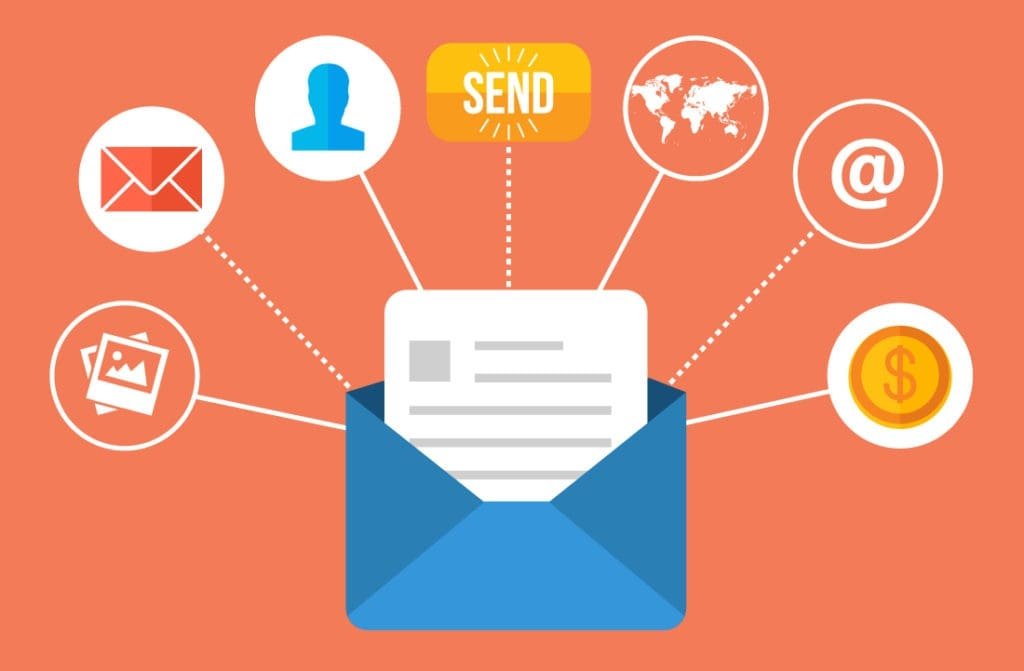Pros and Cons of Cold Email Marketing: A Comprehensive Analysis

Cold email marketing is a well-known method for companies looking to get in touch with prospective customers or clients. Although it is an effective way of creating leads and increasing sales, it has its own set challenges. In this thorough analysis, we’ll explore the pros and cons of cold email marketing
Pros:
1. Cost-Effective:
Cold marketing via email is a cost-effective method of reaching a huge public. When compared to traditional advertising techniques like advertisements on TV or in print sending emails is cost-effective. If you have the proper tools companies can develop and send customized mailers to thousands of users, without costing a fortune.
2. Scalability:
Marketing via cold email is adaptable. If you’re a small start-up or a huge enterprise you can customize your campaigns to fit the size of your company and its goals. Scalability lets businesses extend their outreach as they expand, and reach new audiences and markets.
3. Targeted Outreach:
Cold emails let businesses concentrate on certain segments or groups of their target audience. By using data analytics and profiler, marketing professionals can create targeted messages that are geared towards the person’s preferences and needs. This method of targeting enhances the chance of conversion and engagement.
4. Trackable Metrics:
The email marketing platforms offer detailed analytics that let businesses monitor the effectiveness of campaigns. The metrics like opening rates, click-through rate, and conversion rates offer useful information about what’s working and what could be improved. This method of data-driven analysis allows continuous optimization of email marketing campaigns.
5. Automation Possibilities:

Automation tools allow you to create and run Cold email marketing campaigns. Businesses can schedule email campaigns and segment their audiences and send automated messages according to the user’s behavior. This is not just efficient but also ensures prompt and consistent communication with prospective customers.
6. Global Reach:
Cold email marketing is able to transcend the boundaries of geography, allowing businesses to reach a wide audience. This is particularly beneficial for companies that are e-commerce or that offer digital products and services. Being able to connect with potential customers around the world can dramatically increase the reach of a market.
Cons:
1. Risk of Spam:
One of the main negatives of cold emails is the possibility of being branded as spam. Infrequent emails can be a source of irritation for users and harm the reputation of a company. To avoid this companies must make sure that their email marketing campaigns conform to the relevant anti-spam laws and concentrate on providing value to recipients.
2. Low Conversion Rates:
Cold email campaigns typically have less conversion rates than more warm lead generation techniques. Building confidence and credibility with those who have no previous relationship with the company can be difficult. It could take a number of interactions before a potential customer is willing to purchase or perform the desired decision.
3. Time-Consuming:
The art of creating personalized and efficient cold email campaigns can take a lot of time. Conducting research and identifying the target audience, composing compelling content, and coordinating following-ups require meticulous preparation and implementation. In some instances the ROI might not be enough to justify the effort and time spent.
4. Dependence on Email Deliverability:
The success of a cold email marketing campaign is dependent on the ability of email to be delivered. If the emails get lost in the spam folder or are not delivered the effectiveness of the campaign is hampered. Maintaining a positive reputation for the sender and adhering to the highest standards is vital to overcome issues with deliverability.
5. Legal Compliance Risks:
Cold email marketing has to comply with strict rules like regulations like the General Data Protection Regulation (GDPR) in Europe and the CAN-SPAM Law in the United States. Infractions to these rules could result in legal penalties, such as penalties. Companies must be aware of and abide by the laws in order to stay clear of legal risk.
6. Limited Personalization:
Although personalization is an important aspect of cold marketing via email however, there are limitations in the way a business can really communicate with a prospective customer who has never had a prior relationship with the company’s brand. For a relationship to be genuine, it requires more than personalized emails. Some potential customers may not be comfortable responding to unsolicited email.
Conclusion:

In the end, cold email marketing comes with many advantages as well as challenges. Its efficiency, cost and a targeted approach makes it an effective tool for a variety of businesses. However, the danger of being branded as spam, the low conversion rate and the time-frame and legal requirements for compliance are the primary reasons for companies to take cold email marketing seriously and by carefully planning and execution. When they understand both the advantages and disadvantages of cold email marketing, companies can make educated decisions regarding whether cold email marketing fits in with their overall strategy for marketing and objectives.



